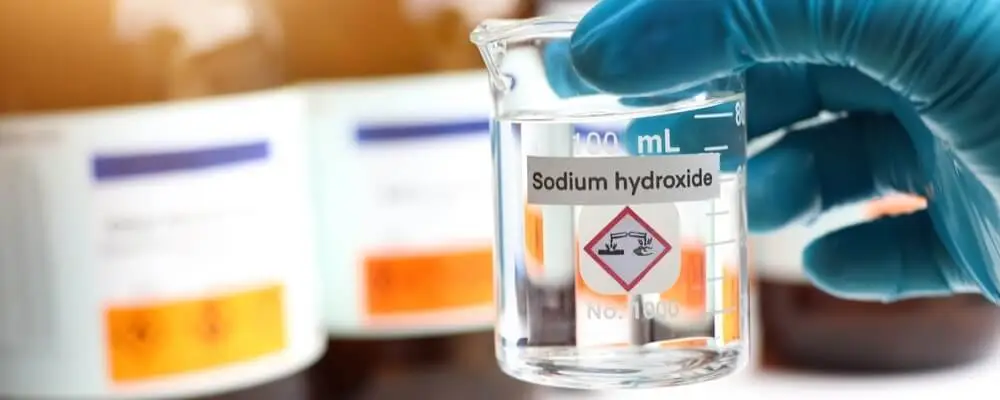Blog
Is NaOH a Base or Acid?
Is NaOH a base or acid? Sodium hydroxide, with the chemical formula NaOH, is a highly important compound in chemistry and various industrial applications. Understanding the nature of NaOH is essential for students, educators, and professionals working in chemical and related fields. This article delves into the characteristics of NaOH, its behavior in solutions, and its applications, ultimately answering the question: Is NaOH a base or acid?
What is Sodium Hydroxide (NaOH)?
Sodium hydroxide, also known as caustic soda or lye, is an inorganic compound. It consists of sodium (Na), oxygen (O), and hydrogen (H) atoms. Sodium hydroxide is a white, odorless solid that is highly soluble in water, resulting in a highly exothermic reaction that releases heat. This compound is widely used in various industries, including manufacturing, pharmaceuticals, and food processing.
Is NaOH a Base or Acid?
The simple answer to the question “Is NaOH a base or acid?” is that NaOH is a strong base. It dissociates completely in water to produce hydroxide ions (OH⁻) and sodium ions (Na⁺). This dissociation process is what gives NaOH its basic properties.
Understanding Acids and Bases
To further comprehend the nature of NaOH, it is crucial to understand the definitions of acids and bases. According to the Brønsted-Lowry theory:
- Acids are substances that donate protons (H⁺ ions) in a chemical reaction.
- Bases are substances that accept protons or donate hydroxide ions (OH⁻).
Since NaOH releases hydroxide ions in solution, it fits the definition of a base.

The pH Scale and NaOH
The pH scale ranges from 0 to 14, with values below 7 indicating acidity, values of 7 indicating neutrality, and values above 7 indicating alkalinity. When dissolved in water, NaOH creates a basic solution with a pH typically greater than 13. This high pH confirms that NaOH is indeed a strong base.
Properties of NaOH
Understanding the properties of NaOH helps illustrate why it is classified as a base. Here are some key properties of sodium hydroxide:
- Strong Base: As mentioned earlier, NaOH is a strong base that dissociates completely in water.
- Highly Soluble: NaOH is highly soluble in water, which allows it to be easily used in various solutions and reactions.
- Exothermic Reaction: The dissolution of NaOH in water is an exothermic process, meaning it releases heat.
- Corrosive Nature: NaOH can cause severe burns and damage to skin and tissues. It is essential to handle it with care.
Common Uses of NaOH
NaOH has a wide range of applications across various industries. Here are some common uses:
- Chemical Manufacturing: NaOH is used in the production of various chemicals, including soap, paper, and textiles.
- Food Industry: Sodium hydroxide is employed in food processing, such as for pH adjustment and peeling fruits and vegetables.
- Water Treatment: NaOH is utilized to raise the pH of drinking water and wastewater, helping to neutralize acidic water.
- Biodiesel Production: It serves as a catalyst in the transesterification process of producing biodiesel from fats and oils.
Safety Precautions When Handling NaOH
Given its corrosive nature, safety precautions are crucial when working with NaOH. Here are some guidelines:
- Wear Protective Gear: Always wear gloves, goggles, and protective clothing to prevent contact with skin and eyes.
- Use in a Well-Ventilated Area: Ensure proper ventilation to avoid inhaling fumes that may be released during use.
- Storage: Store sodium hydroxide in a cool, dry place, away from incompatible materials such as acids.
Conclusion: Is NaOH a Base or Acid?
To summarize, is NaOH a base or acid? Sodium hydroxide is a strong base that plays a vital role in numerous chemical processes and applications. Its ability to dissociate in water, release hydroxide ions, and create a high pH solution confirms its classification as a base. Understanding the properties and applications of NaOH is essential for anyone working in chemistry or related fields.
